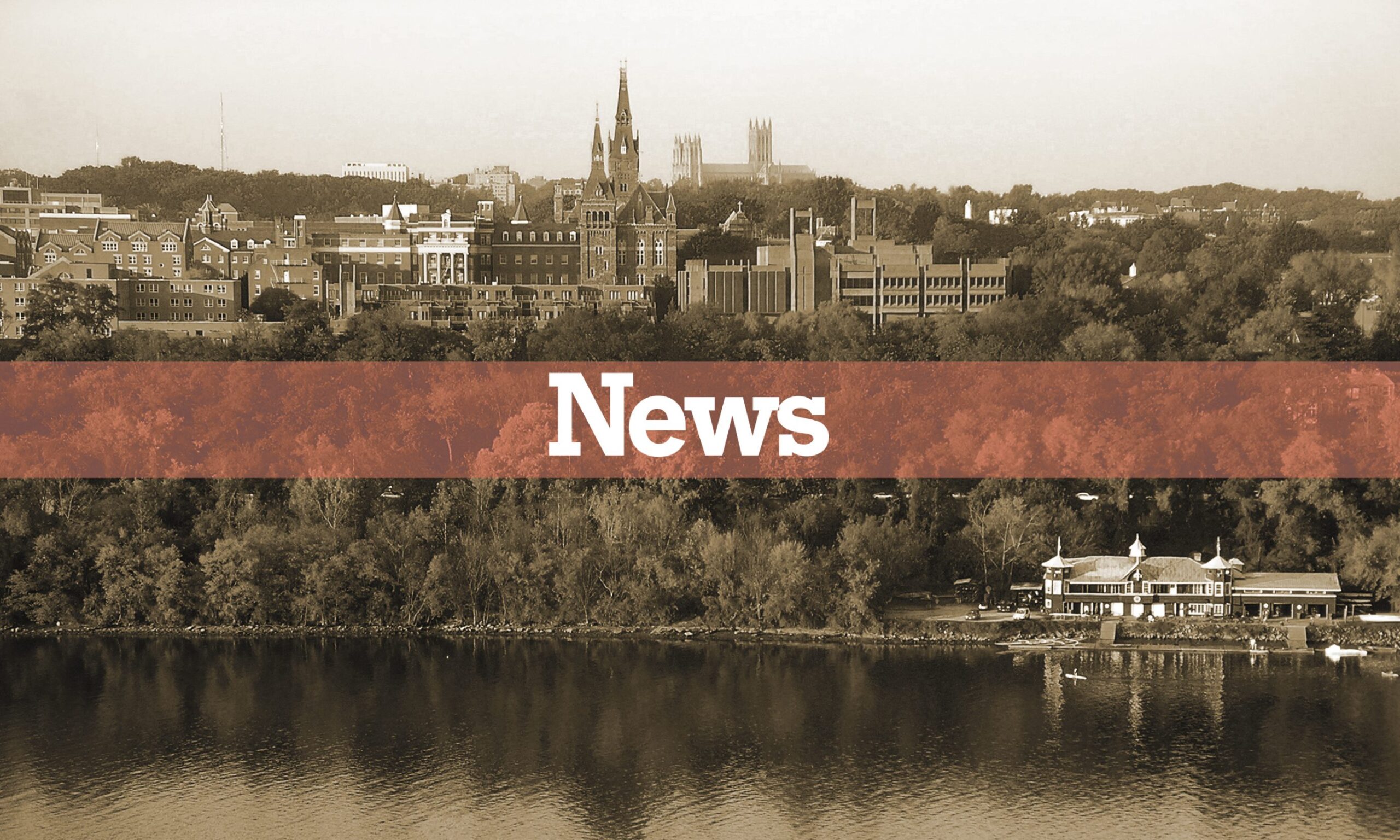Unsung Heroes, a student-run initiative which runs a Facebook page sharing stories and photos of facilities, service, and other workers at Georgetown, has begun launching new chapters at campuses throughout the country. In the past week, the University of Maryland – College Park page posted its first story, and the Unsung Heroes team said they are still growing.
The project has garnered attention outside of Georgetown’s campus in the recent months, featuring in The Washington Post, NBC News, and CNN. Febin Bellamy (MSB ‘17), founder of the program, began the first Unsung Hoyas Facebook page in April 2016 in order to share the stories of non-student university workers he noticed were often ignored throughout campus and to encourage students to get to know those who work to keep Georgetown running.
Now, Unsung Heroes is looking to expand over the country. After the Georgetown project’s media coverage and popularity soared, Bellamy said that students from over 40 universities reached out to his team, asking to start up their own chapters of Unsung Heroes. In the next weeks, Unsung Heroes will launch chapters at schools like Washington University, Notre Dame, University of North Carolina Chapel Hill, and New York University.
“We’re going for ten schools, officially to start in the next couple weeks,” said Bellamy. “West coast, east coast, south, everywhere.”
Precious King (SFS ‘20), Unsung Heroes CFO, noted that while each chapter will be structured under the national brand, each university can choose to put their own spin on their chapter.
“We have a manual because each school is going to be representing our vision, still be aligned with our vision and our goals,” said King. “We’ve certainly given them some liberty, but they also have a manual [on] how to be an effective Unsung Heroes team at their school.”
The organization obtained non-profit status on Jan. 30, allowing them to strengthen their national brand across the country and bring new campuses under the larger organization. According to Bellamy, the next step is to continue building this brand, while expanding the work his team does on Georgetown’s campus: interviewing new workers, incorporating more videos to feature those workers on their social media platforms, and increasing the amount that Unsung Heroes gives back to workers.
In recent months, Unsung Heroes has raised money from Georgetown students and other interested parties through GoFundMe to help Oneil Batchelor, a facilities management worker, start a chicken joint. In October, Unsung Heroes again collected funds to help Leo’s worker Umberto Ripai Suru return to South Sudan to see his family. However, he said that recent violence in the country will prevent him from using the money in the near future. On Feb. 28, students surprised Einstein Bro’s worker Frankie Capers with a vacation to Disney World for her and her nephew, and the story was picked up by BBC News last week.
“We’re planning on creating a program in which we help these workers achieve their dreams, I think that’s something we’re all really passionate about,” said Bellamy. “And we see the effect of students coming together…to help workers’ dreams come true.”
Bellamy said these kinds of actions, giving back to the workers, is what is at the core of Unsung Heroes. He said that the organization’s platform should help workers achieve their goals rather than advocate for workers’ rights like other student groups on campus.
The Unsung Heroes team cautioned against expanding too quickly, however. Elizabeth Nalunga (SFS ‘19), the organization’s director of expansion, said the Georgetown chapter has had its own learning curve in understanding the best strategies to reach their audiences and share workers’ stories. She looks forward to helping the new chapters build strong relationships with their universities and hopes they will eventually be more proactive in their independent projects and operations.
King agreed that small and steady growth was essential in the next months. For now, Unsung Heroes plans stick with its first set of new chapters and cultivate a growing organization carefully before bringing in the other 30 schools that have reached out to the Georgetown team.
“It’s very critical that we take our time with expansion because we are now a nonprofit, building up our network, building up our board,” said King. “Making sure that people that are joining our board and schools are joining our vision are doing so out of their passion, [is] really a large focus in our mission.”





